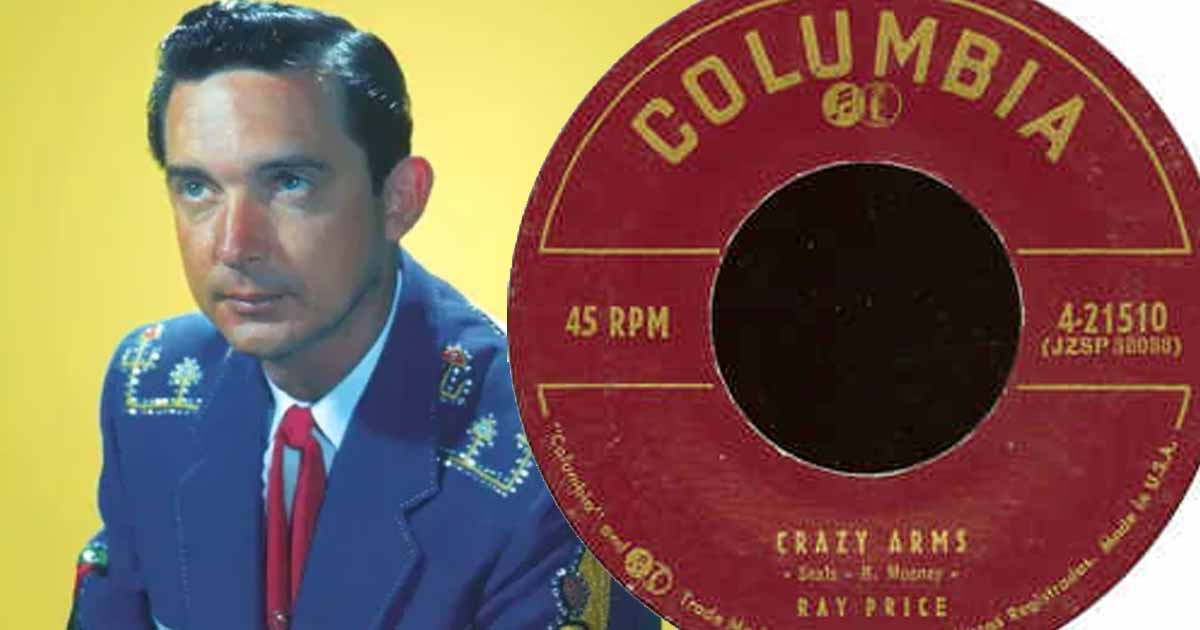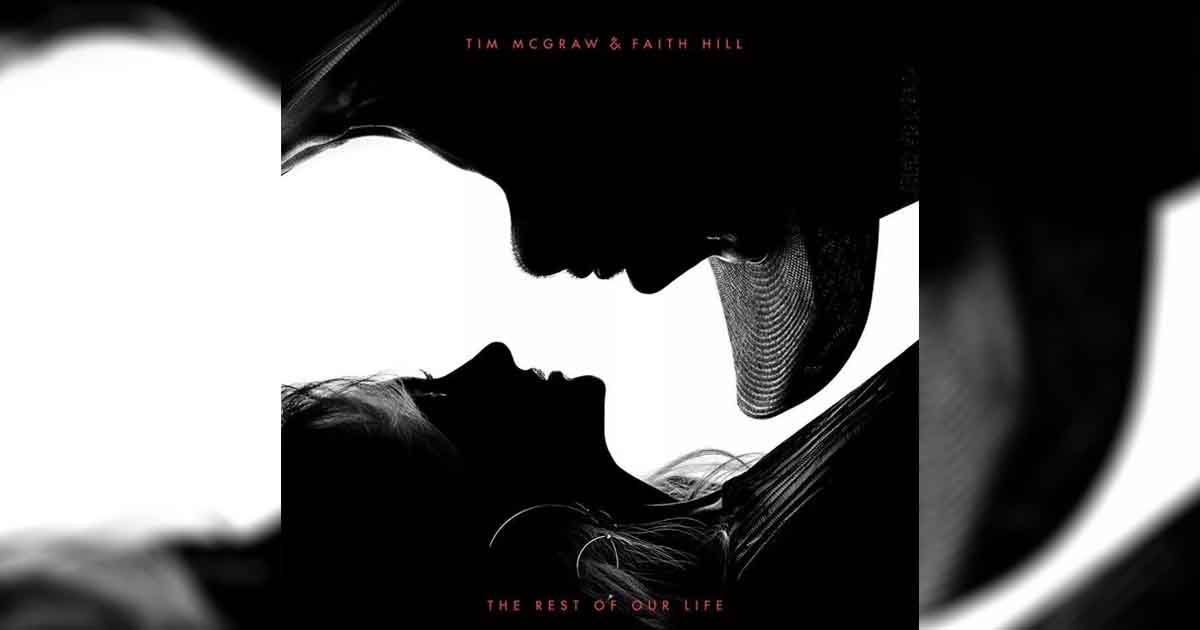It was 1975 when one of the biggest country music stars, Loretta Lynn, dropped what would be the most controversial record of her career. Lynn had a reputation for being a provocative lyricist, but this was definitely a standout. It would go on to not just ruffle feathers but also deliver a full-impact shock to the industry, causing it to get banned by several radio stations. That song is titled “The Pill.”
Meaning Behind the Song
“The Pill” was written by Loretta Lynn herself, along with Lorene Allen, Don McHan, and T.D. Bayless and produced by Owen Bradley under MCA. She recorded it in 1972, but RCA decided to hold off due to its controversial nature. Nevertheless, it was still a heavily debated topic when it came out three years later despite the fact that the landmark decisions in Eisenstadt v Baird and Roe v. Wade were made in ‘72 and ‘73, respectively. That is, it was still a risque topic for conservative communities since universal birth control was only legalized for a few years then.
The negative clamor caused it to lose momentum after hitting the Top Five on the Hot Country Songs chart.
The song is sung from the perspective of a wife upset about her husband’s empty promise. He promised to show her the world, but all she saw was a bed and a doctor’s bill. She was pregnant – year after year, as suggested by the lyrics, “All these years I’ve stayed at home/ While you had all your fun/ And every year that’s gone by/ Another baby’s come.”
And this was personal for Lynn. She had six kids by the time she was 20, and she said that if she had the pill back then, she would have taken them like popcorn. “The pill is good for people. I wouldn’t trade my kids for anyone’s, but I wouldn’t necessarily have had six, and I sure would have spaced ’em better.”
That was exactly what she wanted to advocate in the song. Thanks to “The Pill,” the wife was no longer a chicken dropping eggs. She could finally throw away her old maternity dress and change back into “miniskirts, hot pants, and a few fancy frills.” She held the decision over her body.
In an interview with TIME, she didn’t think “The Pill” was out of line with her body of Loretta Lynn’s songs.
But she did clarify when it was released that it wasn’t a rejection of family values. Rather, it was a tool that enabled the protagonist to become a better wife and mother.
Despite the controversy, the song earned Lynn her highest-charting song on the pop chart, sitting at number 70 on the Billboard Hot 100. And it has since inspired generations after generations of country musicians to tell their truths in their songs.
Boys and girls, men and women, listen to Loretta Lynn’s “The Pill” in the video below.


















